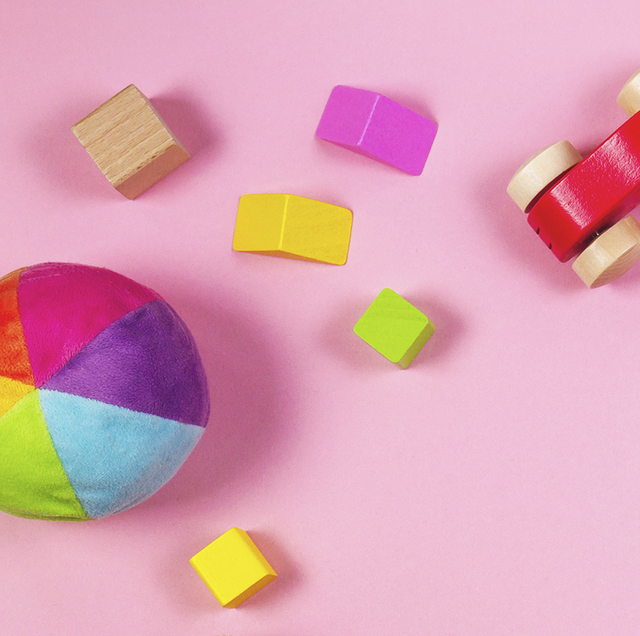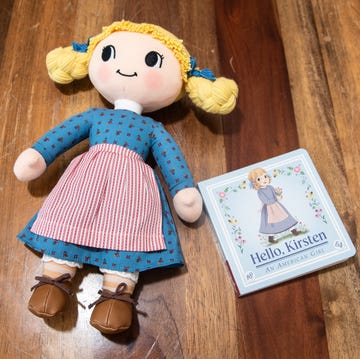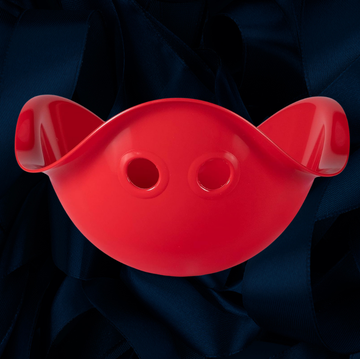
Parenting & Kids
Check out all the latest reviews of toys, baby gear, strollers and other children's products from the Good Housekeeping Institute.

The Surprising Connection Between the New American Girl GOTY and an Old Favorite Doll
Advertisement - Continue Reading Below
Advertisement - Continue Reading Below
Advertisement - Continue Reading Below


















